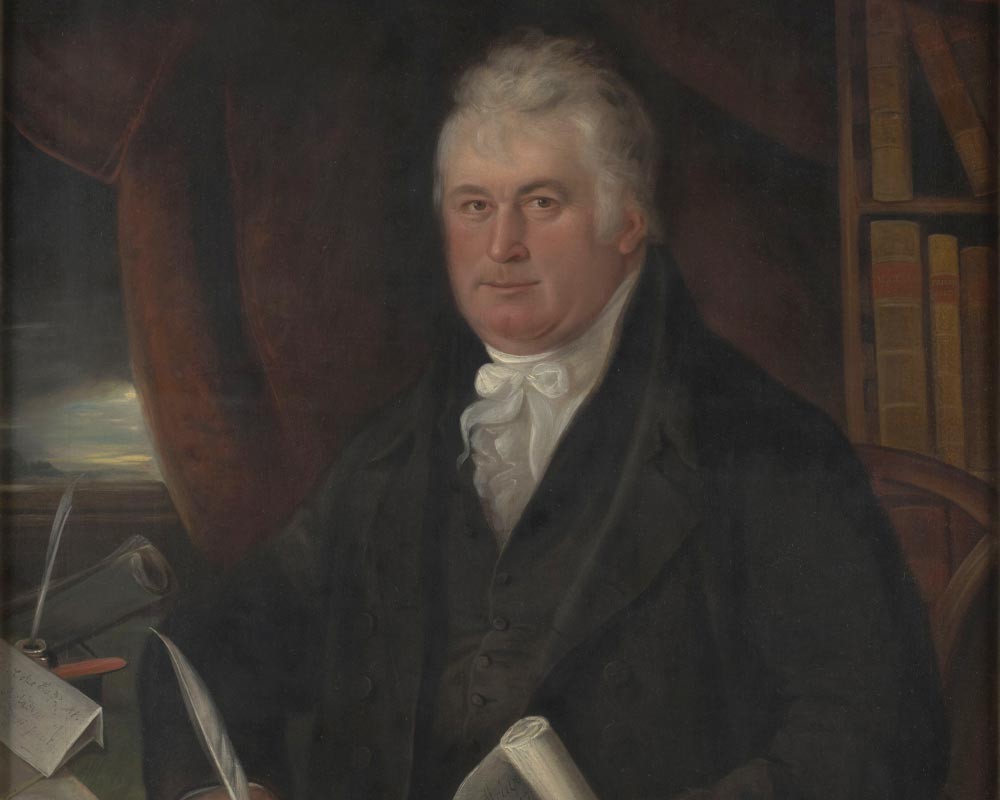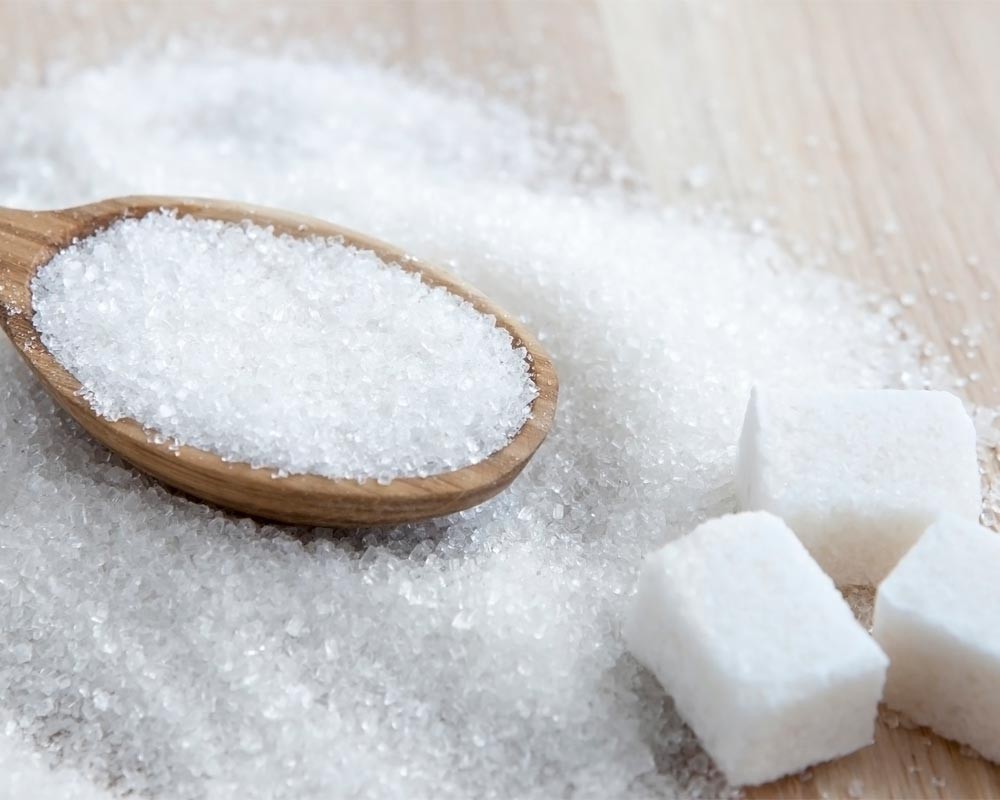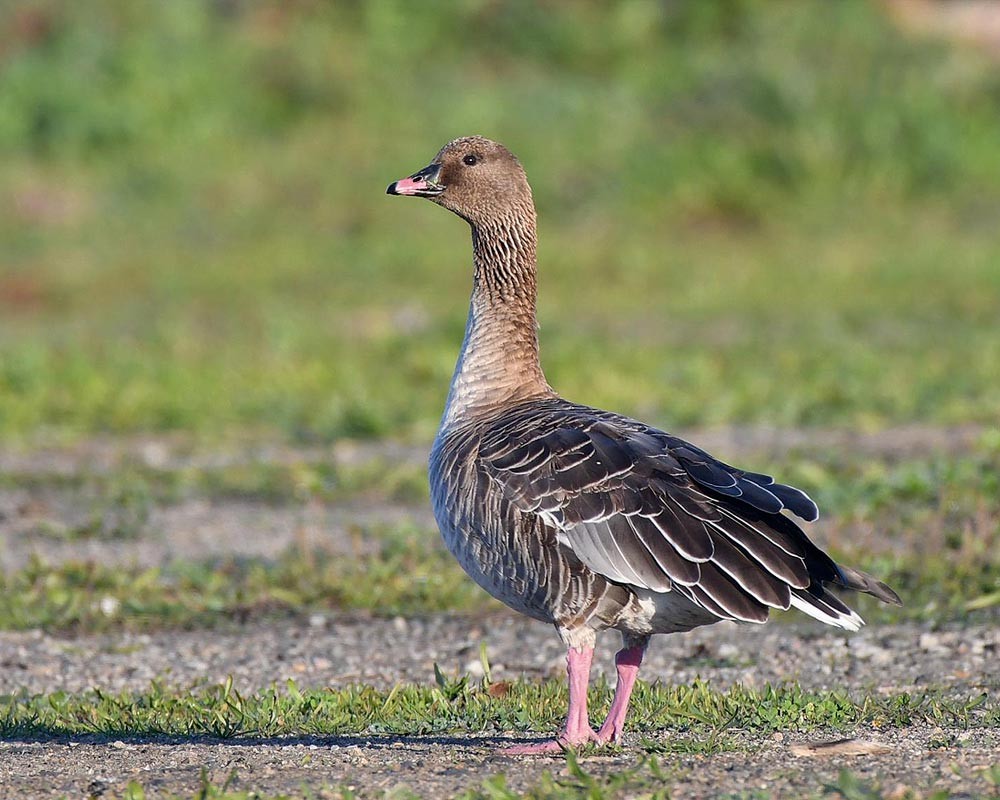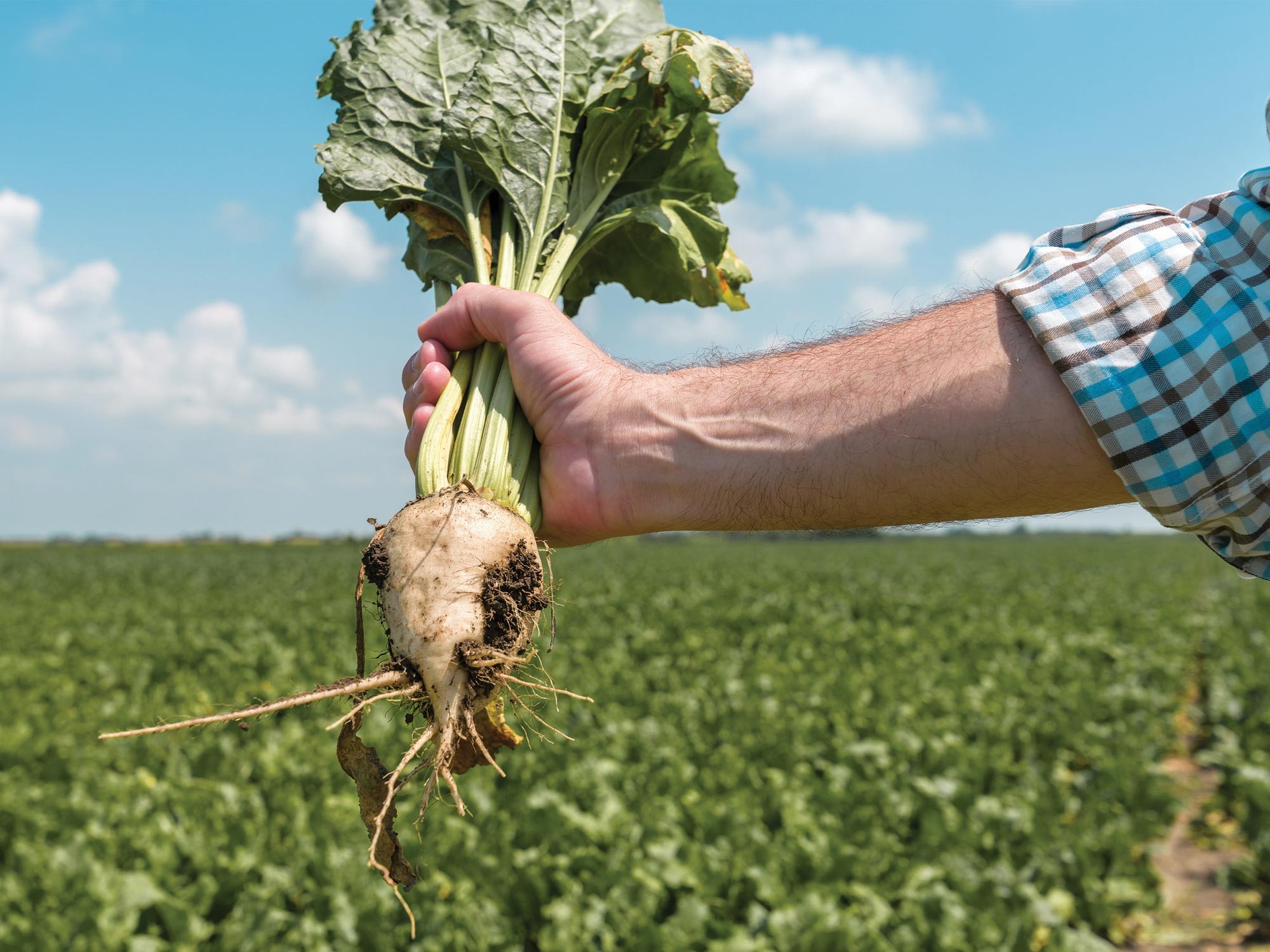
The sweet legacy of the Battle of Trafalgar...
Following yet another successful growing season, Robin Limb looks back at the lasting legacy of the UK sugar beet industry, and its historical ties with Norfolk’s most famous son…
It’s possibly an accident of history that sugar beet ever came to assume such importance in Norfolk – and had it not been for a number of unrelated historical events, we might still be relying on our traditional imports of cane sugar.
Horatio Nelson could never have known that his little spat with Napoleon at Trafalgar in 1805 would spawn the modern beet industry. So incensed was the French emperor at the Royal Navy’s blockade, keeping out colonial supplies of cane sugar, that he ordered the country’s farmers to start growing sugar from ‘beets’ instead. It was well known that white Silesian beets were a good source of sucrose – if at lower concentrations than sugar cane.
In 1747, the German scientist Andreas Margraff had discovered a means to extract sugar from beet, and within a hundred years new factories were springing up and the novel crop was becoming widespread across Europe. It wasn’t long before beet made its first tentative moves across the channel into Nelson’s birthplace of Norfolk.
Derived from a wild seashore plant, Beta maritima is the forerunner of the root crop now grown so widely in eastern England and processed at local factories. Today, more home-grown beet sugar is eaten in the UK than comes from imports of the cane variety – and the content of those familiar Silver Spoon packets starts life in the fields of East Anglia and Lincolnshire. In fact, one in six we consume nationally is grown in Norfolk.
The first factory was built in 1912 on the banks of the River Yare at the village of Cantley, near Acle, by Dutch farmer Johannes van Rossum.
After a shaky start, with beet in short supply, the fledgling industry was given a major shot in the arm by the need for self-sufficiency during two world wars.
By 1928 eighteen independent factories were operating from Cupar in Fife down to Ipswich in Suffolk – and from Bardney in Lincolnshire across to Kidderminster in the West Midlands. That changed in 1936, when the government stepped in to unify the industry by creating the British Sugar Corporation.
Eventually, a reduction in the allowed sugar quota in 1981 and a series of poor crop yeilds (especially in the north of England) led to a number of factory closures, including King’s Lynn in 1994.
Today, only four factories remain, and two of those (Cantley and Wissington) are in Norfolk.
British Sugar is the sole processor responsible for converting the beet roots into a crystalline format for the consumer. Originally, gangs harvested beet by hand before it was forked onto wagons for transport to the railhead or wherry.
Modern harvesters are now huge mobile leviathans, capable of harvesting up to twelve rows of beet at a time, and today the crop is transported to the factory by road.
Thanks in no small way to Viscount Coke of Holkham’s pioneering four-course farming rotation, sugar beet has become (and remains) a valuable addition to wildlife biodiversity. Many rare bird species are frequently found sheltering under the plant’s leafy expanse, including skylarks and stone curlews.
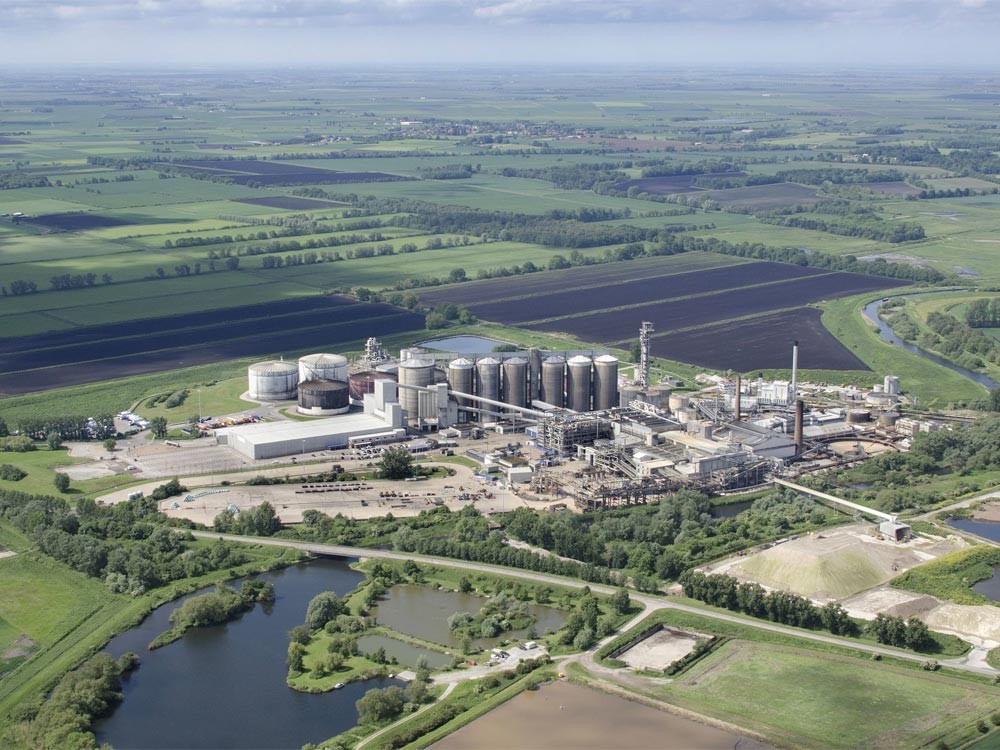
More recently, pink-footed geese increasingly stop off in droves for a winter break on the leftovers from the annual beet crop. These flocks seem particularly partial to the pieces of root and leaves left behind by the harvesters, so maybe the birds have a sweet tooth!
Their numbers have increased steadily over recent years, with local watchers now reporting in excess of 100,000 birds on fields around the north and west coast of Norfolk during winter months – a figure which now represents around 50% of the world’s population.
The UK sugar industry helps maintain the livelihoods of over 3,000 farmers, as well as another 7,000 workers involved in the processing, contracting and transport sectors. The by-products of the sugar process include animal feed, lime cake fertiliser, conditioned top-soil, as well as bio-ethanol and electricity. Our home beet industry is widely recognised as being the most efficient and sustainable in the world.
All things considered, whether it was an accident of history or a consequence of war-time strife, the beet sugar industry in Britain – and Norfolk in particular – has a lot to crow about.
Think about that next time you lift a bag off the supermarket shelf.
Image: British Sugar factory at Wissington supplied by John Fielding
